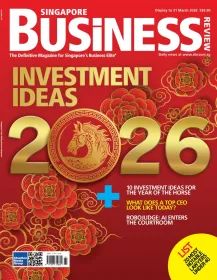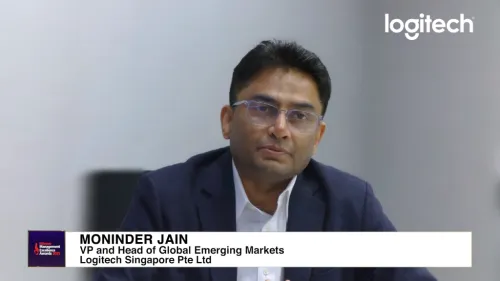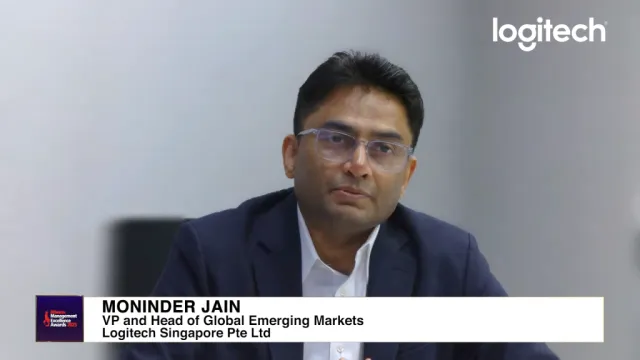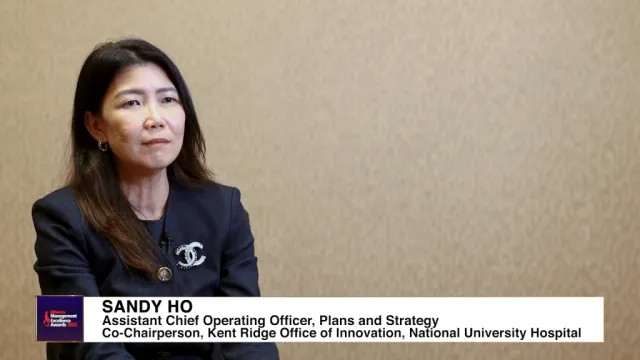Join the community
Thought Leadership Centre
Most Read
1. Singapore to slash CDC vouchers in Budget 2026: analysts 2. UOB set for growth as DBS, OCBC earnings hold steady: report 3. Budget 2026 to surge tech funding as ageing workforce squeezes growth: analysts 4. HDB launches 9,012 flats in February BTO and SBF exercise 5. Daily Markets Briefing: STI up 1.06%; Top stock is SingtelResource Center
Awards
Apr
14
Event News
Singapore Business Review Management Excellence Awards 2025 Winner: Moninder Jain of Logitech Singapore Pte Ltd
Moninder Jain of Logitech Singapore highlights how human and AI collaboration strengthened the company’s market position.


 Advertise
Advertise














Commentary
Data-driven culture key to business growth
Data-driven culture key to business growth
The intricacies of evolving incentives in the new decade
Singapore Budget 2020 measures needed to boost adoption of blockchain technology
SMEs vs MNCs: Benefits of working in a Singaporean SME
Crisis-ridden WHO Should Heed Singapore's Lesson of Not Undermining Intellectual Property Rights
When tradition meets technology: Cashless ang bao and digital gold
How collaborations open new frontiers for startups
Creating a launchpad for international SMEs yet
Three tips for Singapore businesses to manage international cash flow amidst economic uncertainty
Why online travel agencies need to master their networks
Reigniting Employees' Excitement About Business Travel and its Opportunities
How Self-Driving Labs in Singapore Can Solve Materials Challenges
External factors for a successful career in fintech
Human Connections Will Matter Amidst AI and the Future of Work
New year, new regulations: where Singapore stands with privacy regulations
Singapore investors take note – If it works in India, it will work in Southeast Asia
The sweet trap of entrepreneurship